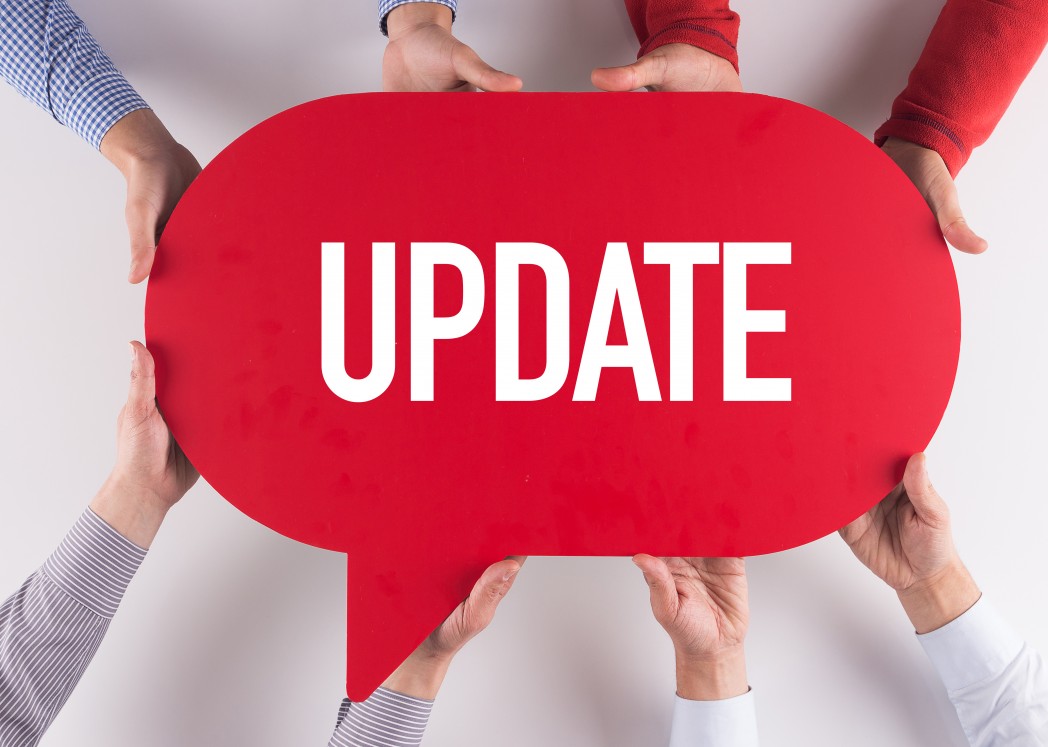Biogen Agrees to Tofersen Access in July for Rapidly Advancing ALS

People with very rapidly progressing familial amyotrophic lateral sclerosis (ALS) caused by mutations in the SOD1 gene may gain early access to Biogen’s experimental therapy tofersen by mid-July, the company announced.
This marks the first part of Biogen’s planned access program for tofersen, and will begin after patients initially assigned to a placebo in VALOR, the Phase 3 portion of a pivotal clinical trial (NCT02623699), complete the six-month trial period and are switched to the experimental therapy.
VALOR is expected to end Aug. 31 and final data are anticipated by this fall, when the company plans to launch the program’s second part, opening tofersen access to the broad SOD1-associated ALS patient population. However, this potential fall opening is dependent on the therapy proving to be safe and effective in the trial, with no additional studies needed, the company stated.
Biogen’s ALS community update follows a March announcement in which the company said it would not offer access to tofersen until VALOR’s data were analyzed, and comes as a response to the many requests of SOD1-associated ALS patients and their families to gain early access to the promising therapy.
“We do not believe it is fair to ask participants in this study to continue to receive placebo while other SOD1-ALS patients are offered access to tofersen, but we do believe that access could be provided as soon as the placebo-controlled study has ended,” Biogen stated in its update.
“However, until the [therapy’s] safety and efficacy have been established, we will prioritize early access for a subset of the most rapidly progressing patients with this rare, severe disease,” the company added.
This fast progressing patient group includes those with a monthly decline of two or more points in the ALS Functional Rating Scale-Revised (ALSFRS-R). To gain access to the therapy, individual requests must be submitted by a patient’s treating physician, and confirmation of eligibility will be performed by a third-party organization.
If VALOR provides positive and strong results, this more limited and compassionate use access program will be followed by an early access program for all with ALS caused by SOD1 mutations, opening later this year. It is expected to begin before Biogen submits regulatory applications seeking tofersen’s approval.
In its announcement, the company also urged caution, saying: “while we hope this study’s results will be positive, we know firsthand that promising drugs can fail in Phase 3 studies.”
Both parts of the access program will be available “only in countries where it is permitted by local regulations and where we can ensure future access,” the company stated.
This reversal in Biogen’s decision, however, might come too late for Lisa Stockman-Mauriello, a woman with one of the most rapidly progressing forms of SOD1-associated ALS who launched an online petition, signed by more than 100,000 people, asking the company to provide her access to tofersen. Her petition is thought to have been the main trigger for Biogen’s March announcement.
“We are pleased our efforts have contributed to some people with ALS getting access to tofersen faster than they would have otherwise,” but “unfortunately, it still falls short for … patients like me who are deteriorating rapidly,” Stockman-Mauriello wrote in a recent statement.
“For us, this is a death sentence because we likely will not make it to mid-July when the tofersen Expanded Access trial will start, and if we do, we will be in such bad shape that we may not see any benefit,” she added.
Stockman-Mauriello also noted that Biogen recently rejected her fifth request, proposing that she and patients like her be randomly assigned to tofersen or a placebo, similar to patients in VALOR.
Administered directly into the spinal canal, tofersen is an experimental molecule designed to specifically suppress the production of SOD1, a protein thought to be misfolded and to accumulate to toxic levels in ALS patients with mutations in its coding gene, SOD1.
By reducing SOD1 production, tofersen, initially developed by Ionis Pharmaceuticals and later acquired by Biogen, is expected to slow disease progression in this patient group.
The international, placebo-controlled, pivotal Phase 1/2/3 trial is evaluating the therapy in 178 adults with ALS and SOD1 mutations.
Single and multiple increasing doses of tofersen were previously tested in its Phase 1/2 part, which showed that the therapy safely and effectively dropped SOD1 protein levels in the cerebrospinal fluid (CSF), the liquid that surrounds the brain and spinal cord.
While tofersen-treated patients appeared to show slower disease progression — as assessed with the ALSFRS-R — that portion of the trial was not powered to assess treatment efficacy.
The Phase 3 portion is now evaluating both the safety and effectiveness of six months of treatment with tofersen’s optimal dose, determined in the trial’s Phase 1/2 part, against a placebo in 99 patients.
Its main goal is to assess changes in disease progression — measured with ALSFRS-R — while secondary goals include changes in lung function and muscle strength, time to needing ventilatory support, survival, and the levels of CSF biomarkers.
Patients completing any of the trial’s phases have the option of entering an open-label extension study (NCT03070119), in which all will receive tofersen for up to five years.
Biogen has also recently launched another international, placebo-controlled Phase 3 trial, called ATLAS (NCT04856982). This study will evaluate the value and optimal timing of tofersen treatment in 150 adults carrying SOD1 mutations associated with rapid disease progression, but who do not yet have clinically manifest ALS.
ATLAS is not yet recruiting and it is estimated to start in May; information on contacts and for locations — an expected 30 sites worldwide — can be found here.






